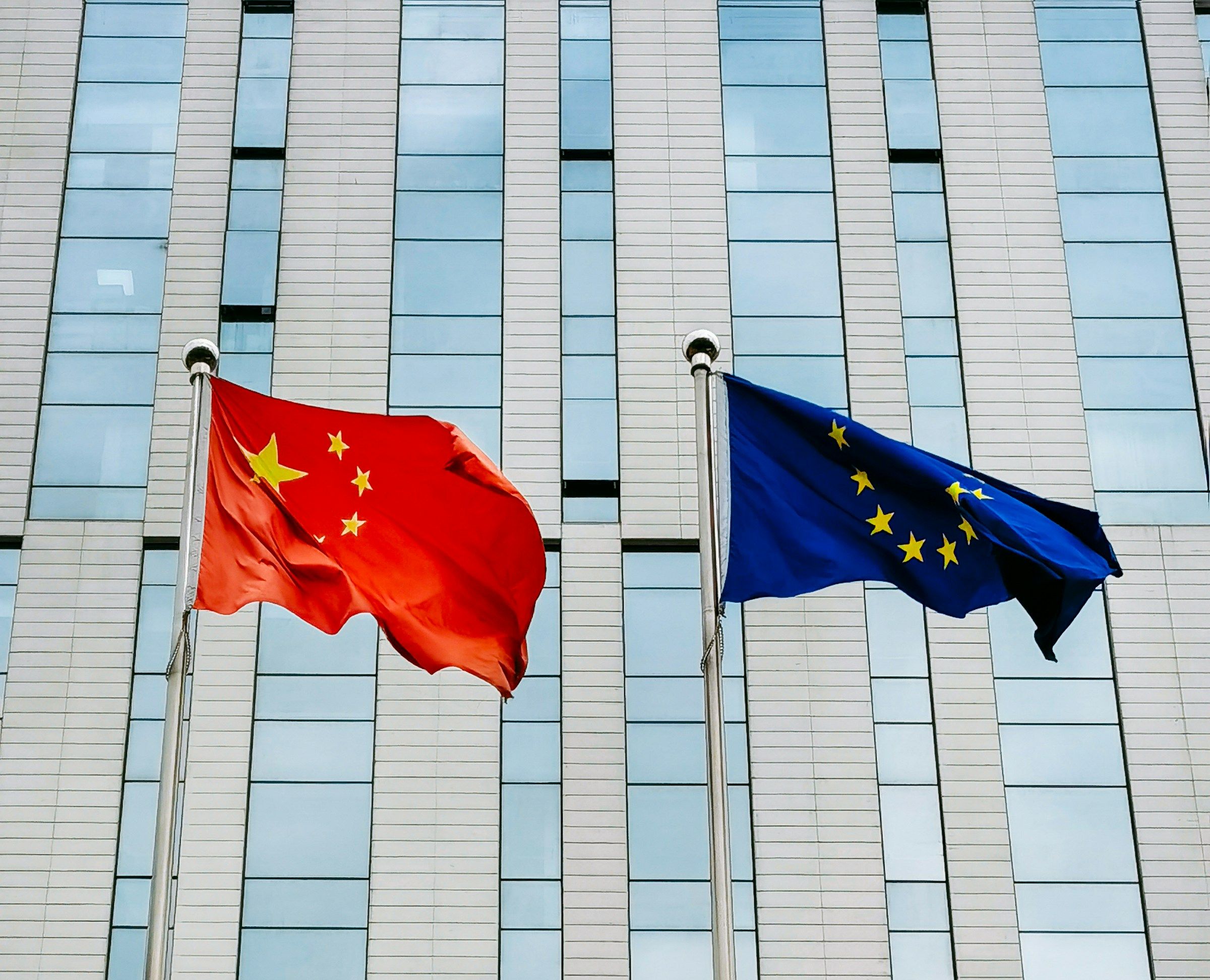When European Commission President Ursula von der Leyen and European Council President Antonio Costa arrived in Beijing to meet Chinese Premier Li Qiang and President Xi Jinping, expectations were already tempered. Billed as a chance to reset troubled ties, the summit instead reinforced what many inside the corporate strategy world already suspect: the EU–China economic relationship is shifting from one of cautious cooperation to managed divergence.
While optics mattered—this was the first such summit held in China in over four years—the choreography couldn’t obscure the geopolitical friction. Just days prior, the EU sanctioned two Chinese banks for their alleged role in facilitating dual-use goods to Russia. China swiftly warned of retaliation. For all the talk of constructive dialogue, the mood was unmistakably defensive.
Europe didn’t fly east to make sweeping breakthroughs. It came to set boundaries. The fact that Brussels opted to move the summit to Beijing signaled a desire to confront issues directly with China’s top leadership. But it also revealed how much leverage has shifted. Europe needs predictability in its relationship with the world’s second-largest economy. China, increasingly self-sufficient and looking beyond the West, doesn’t need the same assurances.
The summit’s language was polite, even optimistic in parts. But beneath the communique, two clear agendas emerged. The EU wants to enforce trade reciprocity and de-risk key supply chains, especially around technology and green transition sectors. China wants to maintain market access and project a stable image to foreign investors—without conceding strategic autonomy.
Premier Li Qiang presented China as an open, willing partner. He spoke of better market access for EU firms, regulatory transparency, and opportunities in sectors like electric vehicles, finance, and climate tech. But these signals rang familiar—and unconvincing.
European firms continue to face structural barriers in China, from state-favored procurement to opaque data rules and license bottlenecks. Meanwhile, Chinese firms operating in Europe—especially in the EV and solar sectors—benefit from aggressive domestic subsidies and relatively open EU capital markets.
This imbalance is no longer theoretical. The European Commission’s anti-subsidy investigation into Chinese EVs is a clear sign that Europe’s tolerance is waning. The underlying concern isn’t just about unfair competition—it’s about strategic dependence.
While the summit didn’t collapse, it also didn’t generate momentum. What it did make clear is that Europe’s risk appetite toward China is changing. The bloc’s flagship “de-risking” strategy is now being operationalized. Large corporates are quietly diversifying supply chains and investing in redundancy—shifting manufacturing to Southeast Asia, reducing exposure in sensitive tech verticals, and ringfencing IP from cross-border vulnerabilities.
Germany, long China’s closest trade partner in Europe, is now advocating outbound investment screening and pushing for reciprocity mechanisms in digital and AI regulation. France has gone further, suggesting strategic “economic sovereignty” in emerging industries. These are not mood swings—they’re structural recalibrations.
China, for its part, isn’t betting on European alignment. It’s hedging. While welcoming EU leaders, it is deepening diplomatic and commercial ties elsewhere—expanding Belt and Road investments, courting GCC and ASEAN partners, and building its own digital and green infrastructure ecosystems outside of Western norms.
Europe may still be a preferred trading bloc for China, but it is no longer essential. The summit reinforced that message subtly but unmistakably: China wants engagement, but on terms that protect its developmental and geopolitical positioning.
This wasn’t a reset. It was a restatement—of terms, expectations, and limits. Businesses and policymakers need to absorb the implications:
There will be no single, predictable path forward for EU–China economic ties. Instead, expect sector-by-sector fragmentation. Dual standards. Regulatory divergence. And capital allocation increasingly shaped by trust—or the lack of it.
For multinational firms, the strategy question isn’t just how to grow in China. It’s whether continued exposure is compatible with broader risk management, reputation safeguards, and long-term digital sovereignty.
Summits like these used to be about consensus and coordination. Now, they are about containment—of risk, of friction, of escalation. The EU–China relationship may remain too economically interdependent to break. But it is already too strategically divided to fully trust.
That’s not a failure of diplomacy. It’s a recognition that in a bifurcating world, business strategy and geopolitical posture are no longer separable. For global operators, the question isn’t how to repair the old model—it’s how to build resilience for the next one.













-1.jpg&w=3840&q=75)
.jpg&w=3840&q=75)
